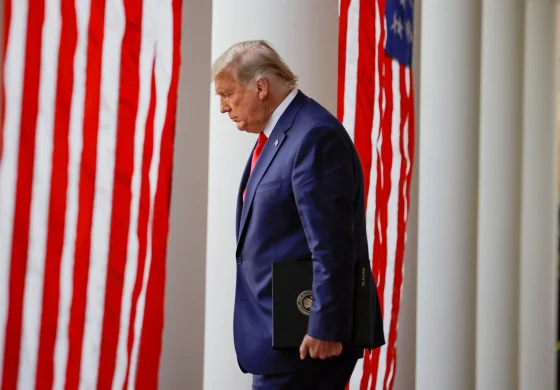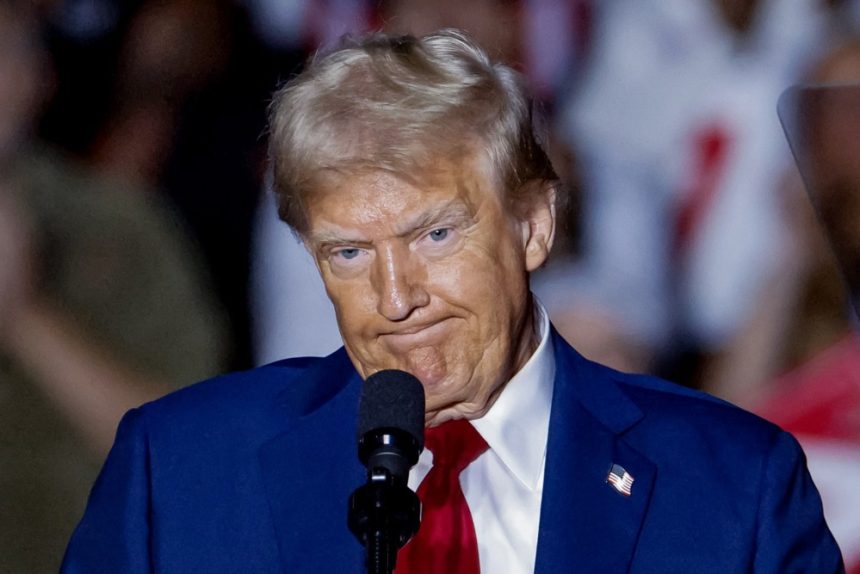At a campaign rally in Pennsylvania, Republican presidential candidate Donald Trump issued a strong warning to the European Union, saying that if he wins the upcoming election on November 5, the EU could face consequences for not importing enough American goods. Trump criticized what he views as a trade imbalance, arguing that European countries benefit disproportionately from access to the U.S. market.
“I’ll tell you what, the European Union sounds so nice, so lovely, right? All the nice European little countries that get together,” Trump remarked, before expressing his frustration with the current state of trade. “They don’t take our cars. They don’t take our farm products. They sell millions and millions of cars in the United States. No, no, no, they are going to have to pay a big price,” he stated, underscoring his stance on what he sees as a need for fairer trade terms.
Trump’s stance on trade has long been characterized by a push for protectionist policies. At the Pennsylvania rally, he touted his proposed “Trump Reciprocal Trade Act,” which he claims will push foreign governments to accept more U.S. exports or face penalties, Reuters.
This act aligns with his broader pledge to introduce a 10% tariff on imports from all nations, with a more severe 60% tariff specifically targeting goods from China. Economists warn that such policies could disrupt global supply chains, potentially inciting retaliatory tariffs that would raise costs across industries and impact both American consumers and businesses alike.
In addition to Europe and China, Trump took a surprising stance on Taiwan. He suggested that the self-governing island, which China claims as its territory, should compensate the U.S. for military protection.
READ ALSO: WHO Reveals Tuberculosis as the Leading Infectious Disease Killer, Surpassing COVID-19
Trump further asserted that Taiwan had essentially taken over America’s semiconductor industry, an issue tied to national security concerns as global competition over chip manufacturing intensifies. Currently, the United States is legally obligated to assist Taiwan with its self-defense capabilities, a commitment made despite the absence of formal diplomatic relations between the two countries.

Meanwhile, Democratic vice-presidential candidate Kamala Harris delivered a potent critique of Trump at her largest rally to date, held in Washington. In her speech, she framed Trump as a leader motivated by revenge and personal grievances rather than a commitment to democratic values, accusing him of seeking unchecked power as the race for the White House enters its final stretch.
“This is someone who is unstable, obsessed with revenge, consumed with grievance, and out for unchecked power,” Harris stated in what her campaign described as her “closing argument” ahead of Election Day. Her speech served as a rallying cry to her supporters, many of whom gathered in Washington to hear her message and underscore the high stakes of the November 5 election.
As Election Day draws nearer, the contrasting views on trade, foreign policy, and executive power between Trump and Harris highlight the divergent directions the country could take, depending on the outcome of a race that continues to tighten.
While Trump’s promise of tariffs and retribution against nations he sees as exploiting America might resonate with his base, Harris’s message to her supporters paints a stark warning of the risks she believes his administration would bring to democratic governance.

